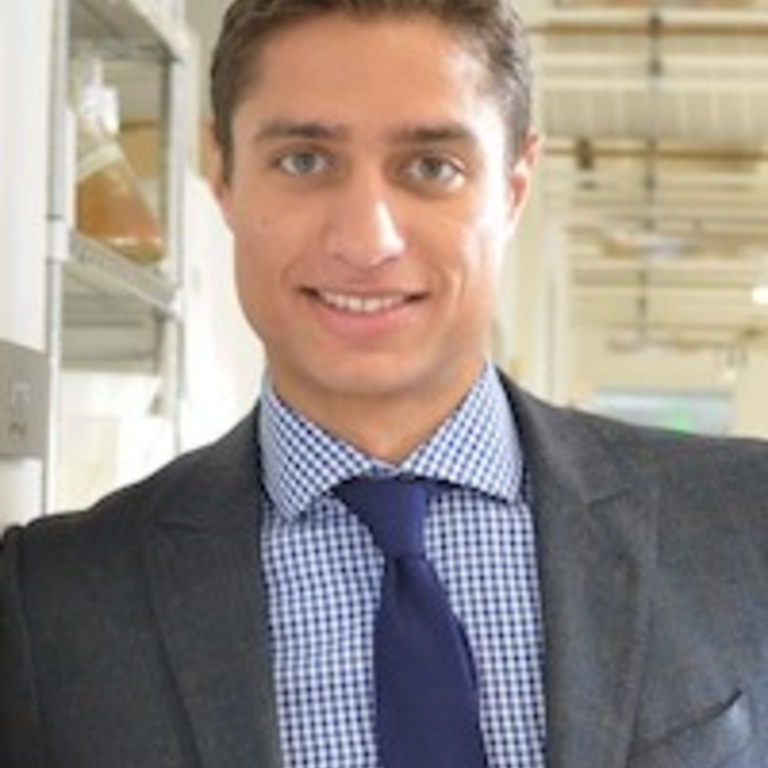Calvin Carter, PhD
Introduction
Modern society is continuously surrounded by electromagnetic fields, including WiFi, Bluetooth, radiowaves and the naturally occurring fields of the Earth. It is known that animals possess evolutionarily encoded mechanisms to sense and respond to electromagnetic fields (e.g. bird migration). However, the effects of fields beyond spatial mapping remain unknown. Also unknown is 1) the mechanism by which fields impact biology and 2) whether humans possess the biological machinery to sense and respond to fields.
The overarching goal of my laboratory is to map the biological effects of electromagnetic fields. We aim to address how fields interact with biology, and how fields may be harnessed to remotely control cellular physiology. We address these questions using an interdisciplinary approach in biomedical engineering, electrochemistry, biochemistry, molecular genetics, and neuroscience.
We have successfully developed a fully noninvasive method to modulate cellular redox systems and mitochondrial bioenergetics and have demonstrated that this technology can be used to modulate blood sugar in type 2 diabetes. We are currently translating these findings by initiating clinical trials. Ultimately, we use electromagnetic fields to solve some of the biggest challenges in human health and national defense.
Current Positions
- Assistant Professor of Neuroscience and Pharmacology
- Assistant Professor of Pediatrics
- Assistant Professor of Biomedical Engineering
- Assistant Professor of Radiation Oncology
Education
- BS in Biology, Holstra University
- PhD in Neuroscience, University of Iowa
- HHMI Postdoctoral Fellow in Neuroscience, Carver College of Medicine, University of Iowa
- American Diabetes Association Postdoctoral Fellow in Diabetes & Metabolism, Carver College of Medicine, University of Iowa
Graduate Program Affiliations
- Biomedical Engineering
- Biomedical Science (Free Radical and Radiation Biology)
- Biomedical Science (Molecular Medicine)
- Biomedical Science (Pharmacology)
- Neuroscience
Center, Program, and Institute Affiliations
- Fraternal Order of Eagles Diabetes Research Center
- Holden Comprehensive Cancer Center
- Iowa Neuroscience Institute
Research Interests
- Electromagnetic fields
- Cellular physiology
- Diabetes
- Rodent models
- Molecular genetics
- Biomedical engineering
- Electrochemistry
